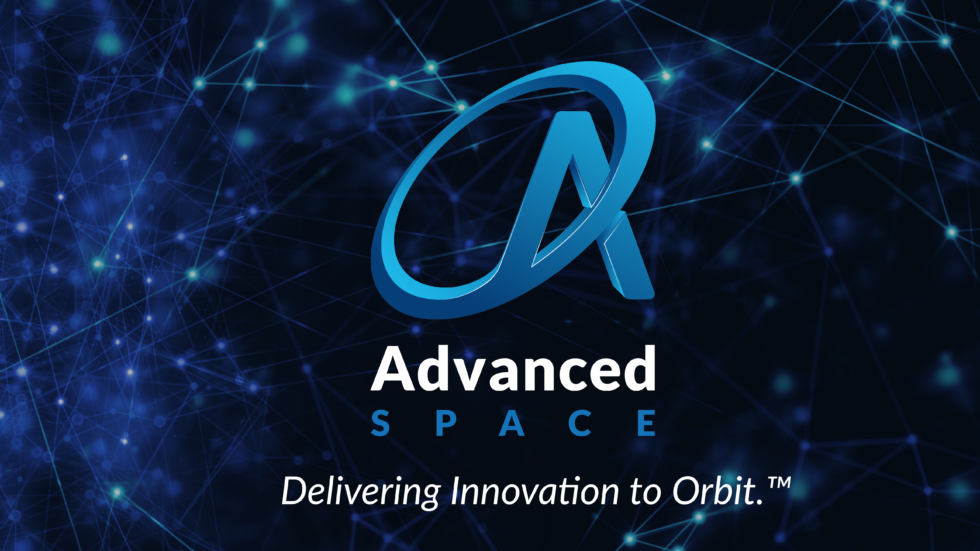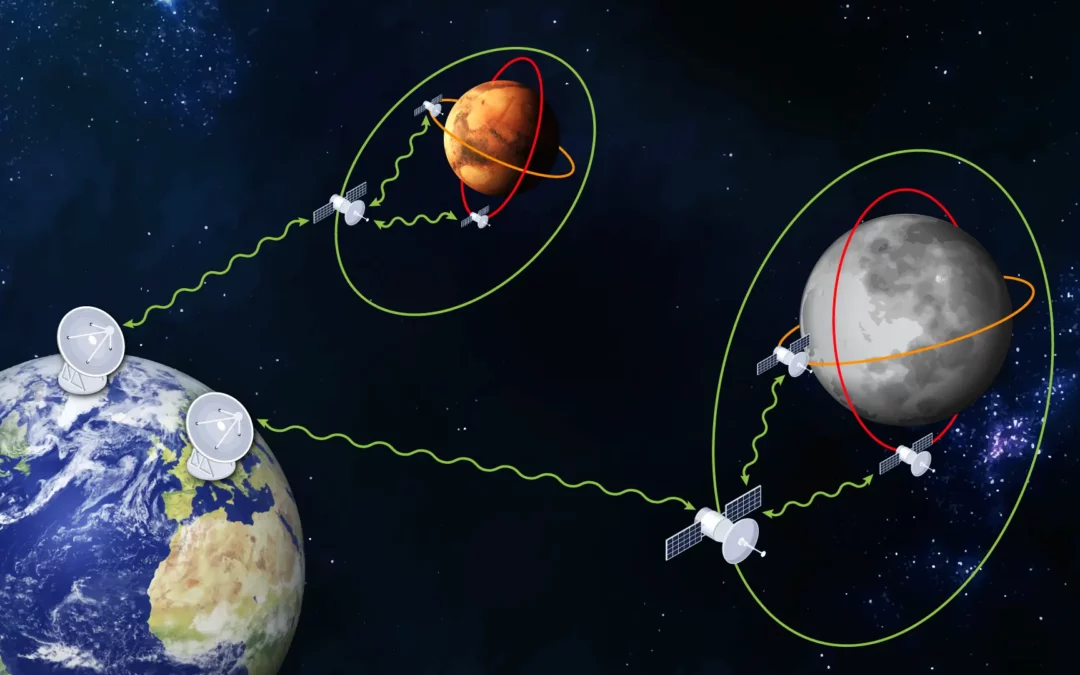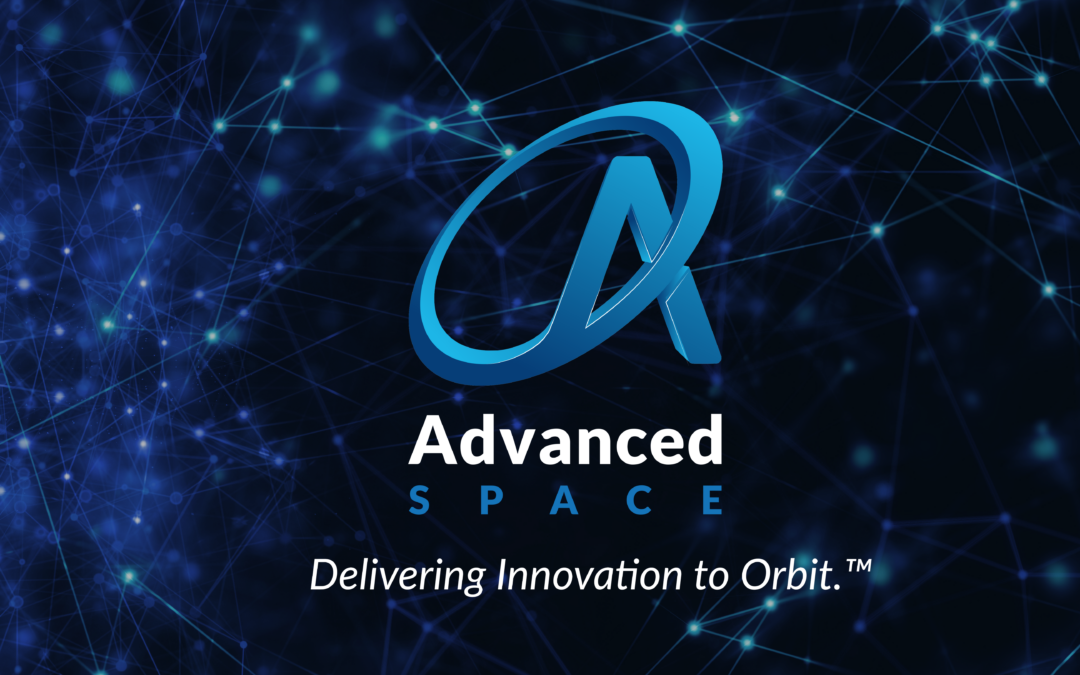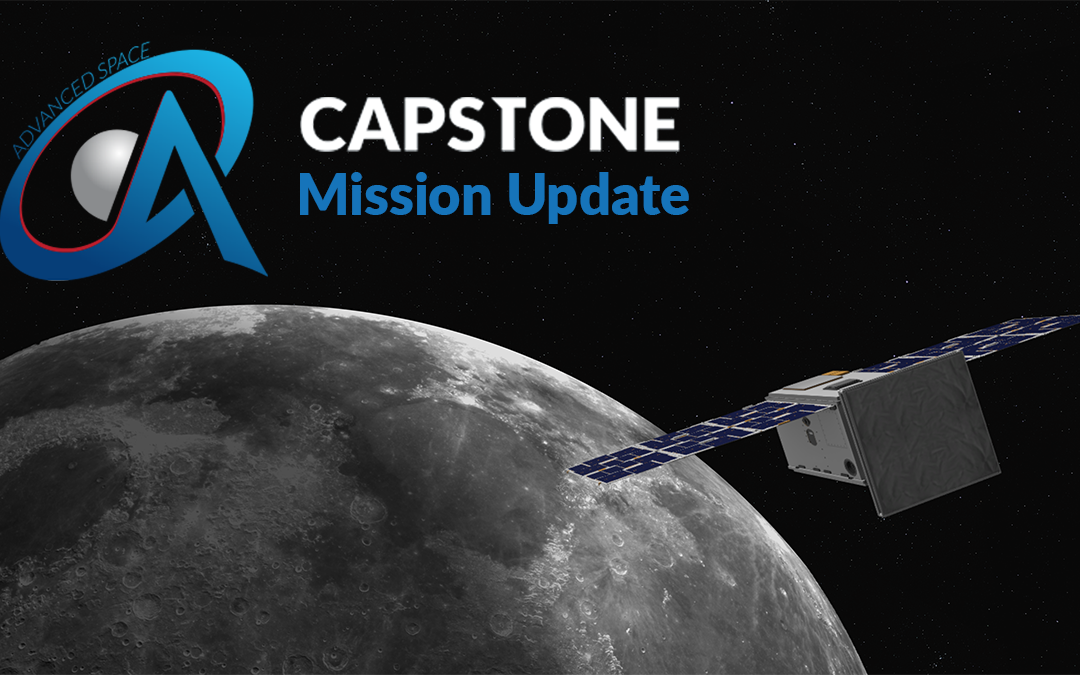
Sep 10, 2025 | Missions
Advanced Space will investigate multiple activities supporting the exploration, development, and settlement of space, including techniques that support low lunar orbit space situational awareness (SSA), deep-space traffic management, and relative navigation and mapping for Rendezvous, Proximity Operations, and Docking (RPOD) scenarios.
WESTMINSTER, CO, 10 September 2025 – NASA has recently awarded Advanced Space two Small Business Innovation Research (SBIR) Phase I contracts and one Small Business Technology Transfer (STTR) Phase I contract. These projects will enable the company and its partners to prove the feasibility of close-approach risk assessment of spacecraft at the Moon using space-based sensors, a deep-space object catalog to ensure safety of flight, and vision-based algorithms to provide relative navigation and mapping for spacecraft or asteroids in poor lighting conditions. (more…)

Jul 8, 2025 | Missions
The two-year project will investigate modular mission architectures that facilitate communication services for spacecraft traveling to the Moon, Mars, and beyond.
Westminster, CO (July 8, 2025) NASA has awarded Advanced Space a follow-on Phase II Small Business Innovative Research (SBIR) contract to develop design reference missions (DRMs) for Communication, Positioning, Navigation, and Timing (CPNT) capabilities compatible with NASA’s LunaNet framework. The project, managed by NASA’s Marshall Space Flight Center in Huntsville, Alabama, focuses on developing mission concepts for a standards-based, interoperable Lunar and Martian CPNT relay network. Advanced Space has partnered with Firefly Aerospace on this project, using Firefly’s Elytra orbital vehicle as a transfer stage for this relay network. Elytra provides responsive on-orbit mobility and servicing across cislunar space. (more…)
Apr 2, 2025 | Missions

The Cislunar Autonomous Positioning System Technology Operations and Navigation Experiment (CAPSTONE™) is expanding its critical experiments to support technology needs in cislunar space.
WESTMINSTER, CO, 2 April, 2025 – Advanced Space is expanding the CAPSTONE™ program in collaboration with NASA to host a new suite of experiments. These onboard experiments will further demonstrate spacecraft autonomy, cislunar navigation and interoperable standards-based communications technologies. These CAPSTONE™ experiments will continue to mature and de-risk critical technologies and operations in this challenging domain. This additional experimentation phase will support NASA technology development for identified shortfalls to increase the Technology Readiness Level (TRL) in these flight and ground technologies to support future flight programs. These specific experiments will leverage the lessons learned from this highly successful mission to help enable our country’s goal to lead lunar, Mars, and deep-space exploration. (more…)

Nov 7, 2024 | Missions
Advanced Space is studying artificial intelligence / machine learning algorithms to improve trusted autonomous operations of spacecraft for the full life cycle of a mission.
WESTMINSTER, CO, November 7, 2024 — Space assets are almost completely operated from the ground. The United States Space Force (USSF) needs its spacecraft to make more autonomous decisions in an increasingly contested space environment for long periods of time without operator intervention. The Space Force has recently funded Advanced Space on a Phase I SBIR project to investigate artificial intelligence/machine learning (AI/ML) algorithms that can guide satellites to proper, self-preserving actions in the absence of human intervention. Advanced Space will leverage its recent spacecraft operations AI/ML work for government customers (NASA, IARPA, AFRL). (more…)

Oct 28, 2024 | Missions
The feasibility study will investigate modular mission architectures that facilitate matching launch vehicles, transfer stage capabilities, primary payload, and mission destination to enable rapid mission formulation for SmallSat planetary explorers.
WESTMINSTER, CO, 28 October 2024 – NASA awarded Advanced Space a Small Business Innovation Research (SBIR) Phase I project to develop mission architectures and requirements for customizing a low-cost rocket transfer stage that will deliver small spacecraft into nontraditional orbits and provide PNT and communications relay services for the deployed small spacecraft. The project, which will be managed by NASA’s Marshall Space Flight Center in Huntsville, Alabama, will define modular mission architectures and ConOps that match launch vehicle and transfer stage capabilities to the deployment of a primary payload to its destination orbit. (more…)

Oct 7, 2024 | CAPSTONE Mission
The award prolongs the CAPSTONE™ mission. CAPSTONE™ is currently flying at the Moon and recently marked its 100th orbit in the near-rectilinear halo orbit (NRHO).
WESTMINSTER, CO, 6 October 2024 – Advanced Space’s pioneering Cislunar Autonomous Positioning System Technology Operations and Navigation Experiment (CAPSTONE™) satellite completed its original 18-month mission for NASA this spring and has been awarded an extension of the mission program. The mission extension includes a base period to continue nominal mission operations, further demonstrate Cislunar Autonomous Positioning System (CAPS™) experiments, and perform feasibility analysis for high-priority experiments in support of NASA’s technology needs. The CAPSTONE™ mission has been operating at the Moon for 670+ days performing critical navigation and operations experiments in cislunar space. (more…)





